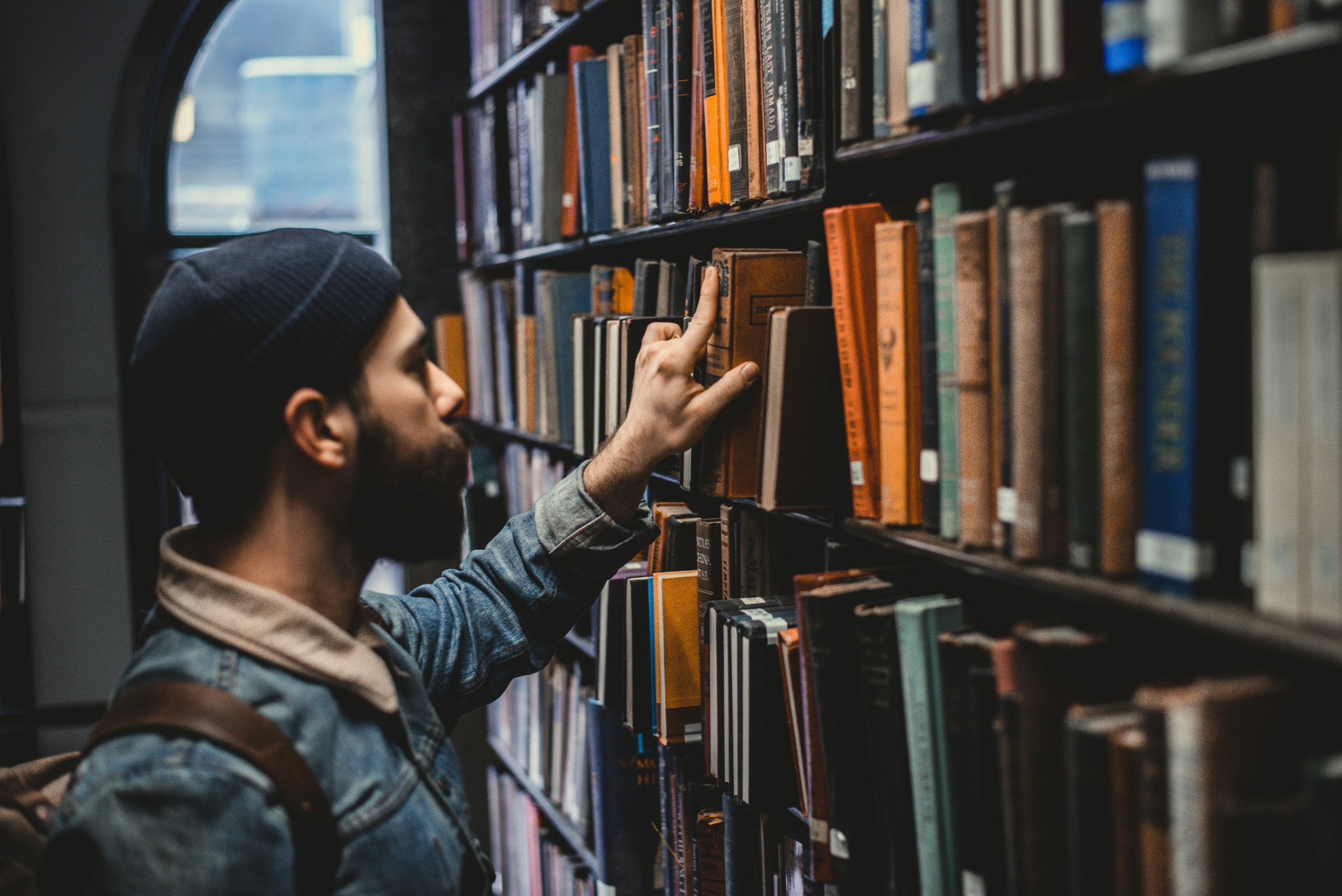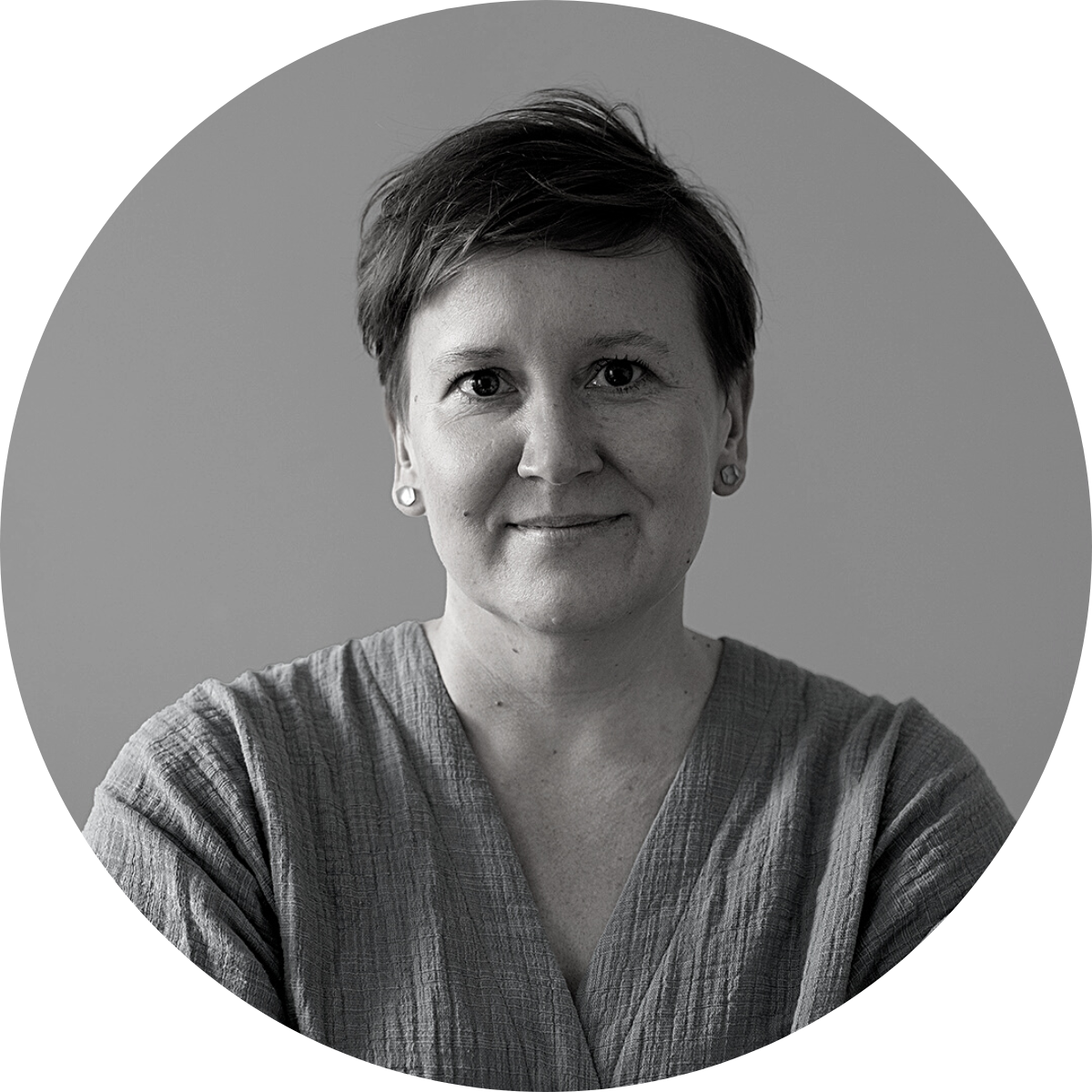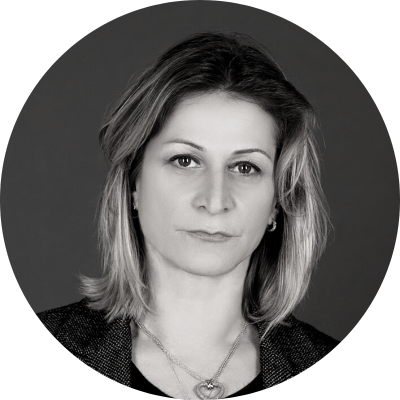[Opinion] Libraries deserve to be recognised as active participants in the copyright reform
The concept of copyright protection has always been based on a balance between the interests of authors and rightsholders to profit from their work, on one hand, and the interests of the public in having access to information, knowledge and culture, on the other. At the national level in most EU countries, however, it appears that copyright policies are traditionally solely focused on the interest of rightsholders and public interest users are rarely recognized as stakeholders in the process.
Libraries deserve to be recognised as active participants in the copyright reform and, in particular, in the still ongoing debate on the CDSM Directive implementation.
The modern copyright framework provides many opportunities for public, academic and special libraries to operate efficiently. At the EU level, a number of incentive mechanisms exist for: mass digitisation; research, including text and data mining, through library collections; creation of scientific open access online repositories; sharing scientific literature in such repositories, in machine-readable formats; supporting the educational mission of libraries; sharing cultural heritage within the Europeana platform; presenting cultural heritage to the public in new and engaging ways, e.g. through so-called immersive experiences, etc.
Libraries, alongside other cultural heritage, scientific, and educational institutions, need clear and better rules enabling them to carry out their public mission under copyright law in line with best practices at the EU level. They need legal guarantees that enable them to exercise rights provided by copyright exceptions ‚Äď preventing both contractual override and override by technical protection measures (TPMs) that effectively limit the enjoyment of the options provided by law.
Libraries also need improved opportunities to use protected works not only for preservation, but also for educational and other purposes related to their public mission. Synchronisation of the legal regimes of ‚Äėcultural‚Äô and educational exceptions is very important in this respect. Allowing libraries greater latitude to use out-of-commerce works (OOCW) is also vital for the effective access to our cultural heritage. Likewise, the introduction of a right to a secondary publication for publicly funded scholarly publications is crucial for securing fair access to scientific knowledge.
In broader terms, copyright law should be aligned with the law on access to public information and open data, as well as the regime on the protection of cultural heritage.
To end on an optimistic note, the fact that some EU Member States, amongst which also Poland and Bulgaria, are behind on the implementation of the CDSM Directive, is also an opportunity for these countries to draft national legislation taking advantage of the full scope of opportunities that the EU acquis provides for democratic access to information, knowledge and culture.
"Libraries and archives of the future" conference
This opinion contains reflections on the topics discussed throughout the conference “Libraries and archives of the future. Copyright empowering public mission of culture”.
ūüďļ Here you can watch the recording of the conference in Polish and English.
The conference was organised in May 2023 by Centrum Cyfrowe in cooperation with Future Law Lab (Jagiellonian University) and under the patronage of the Director of the Jagiellonian Library. The conference was funded by Knowledge Rights 21, supported by Arcadia ‚Äď a charitable fund of Lisbet Rausing and Peter Baldwin.
Read other opinions about e-lending in European Union countries
Maja Drabczyk (Head of Policy and Advocacy, Member of the Board): Libraries and archives won’t be able to fulfil their public interest mission without tailored legal regulations.
Jurń£is ń™vńĀns (Copyright Expert, National Library of Latvia): There is a misconception that libraries and authors have conflicting interests. In reality authors and publishers benefit greatly from book lending and access to their works.
Deborah De Angelis (Attorney at Law, Creative Commons Italy) ‚Äď The role played by libraries and archives, as by all the cultural institutions of the GLAM sector, is crucial and challenging, especially when considering their activities in the future, as highlighted during the engaging panels of the conference.




